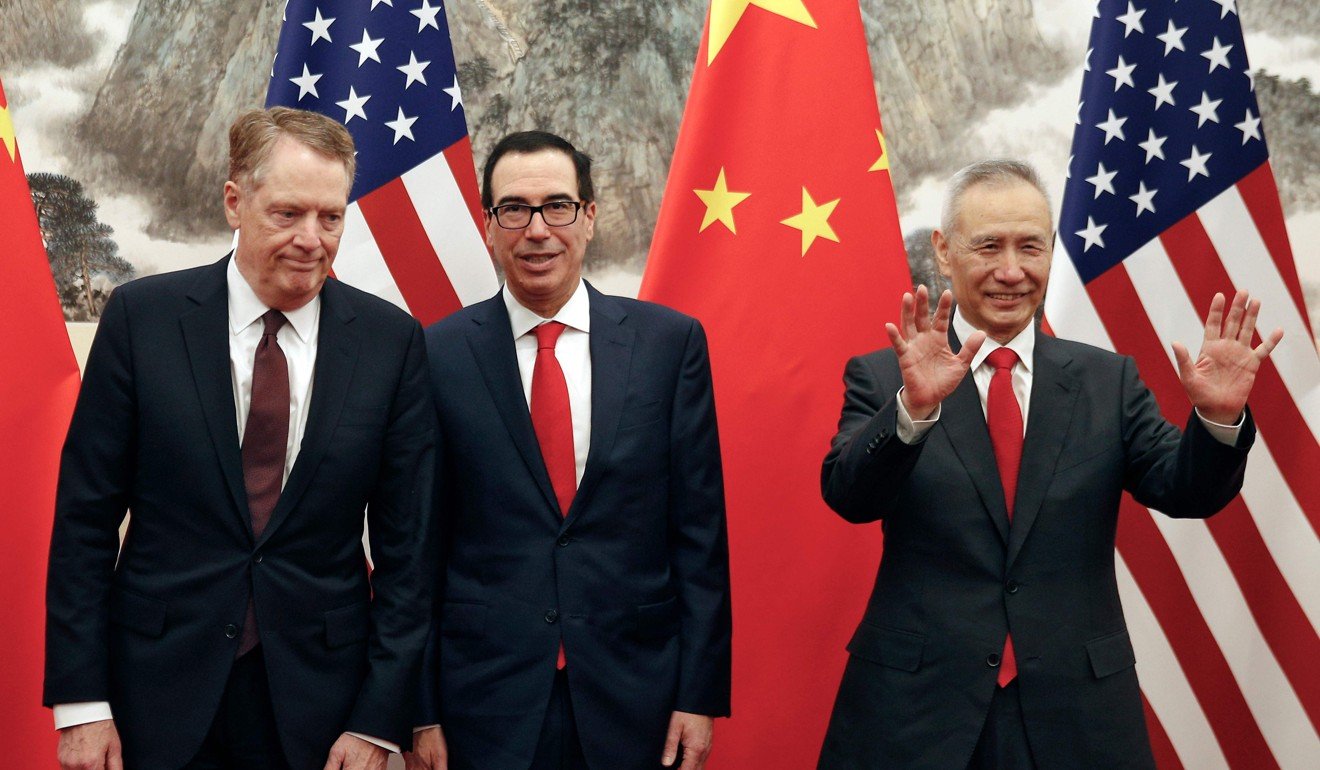Let’s be real, folks. The US isn’t suddenly feeling philanthropic about the Democratic Republic of Congo. This move – potentially funneling cash through the US Export-Import Bank and the US International Development Finance Corporation (DFC) – is a blatant power play for access to critical minerals.

According to a senior US official, the goal is to bolster partnerships around these vital resources. State Department Africa Advisor Massad Boulos laid it out: they’ll be focusing on backing investments in the Lobito Corridor.
Now, the Lobito Corridor is a big deal. It’s a massive railway infrastructure project linking the DRC, Zambia, and Angola to the Atlantic via a key Angolan port. The DFC has already committed financing, and this is likely just the beginning.
This isn’t just about logistics; it’s about breaking China’s stranglehold on the supply chain for essential minerals like cobalt, lithium and copper – minerals absolutely crucial for the green energy transition and tech sector. Think electric vehicle batteries, folks, think future tech.
Let’s unpack this a bit more – the significance of the Lobito Corridor and critical minerals:
The Lobito Corridor isn’t merely a railway; it’s a potential game-changer for regional trade and development. It drastically reduces reliance on more congested and less efficient routes.
Critical minerals are the building blocks of modern technology. Their supply is increasingly concentrated in a few countries, creating geopolitical vulnerabilities.
The DRC sits on an estimated $24 trillion in mineral deposits, including a massive amount of cobalt – a key component in lithium-ion batteries. Control of these resources equals power.
This US investment is a direct response to China’s dominant position in the DRC’s mining sector. It’s a battle for economic and strategic influence.
Expect to see increased US pressure to ensure responsible mining practices and transparency in the Congo. Easier said than done, believe me. This is going to be a fascinating situation to watch unfold.






